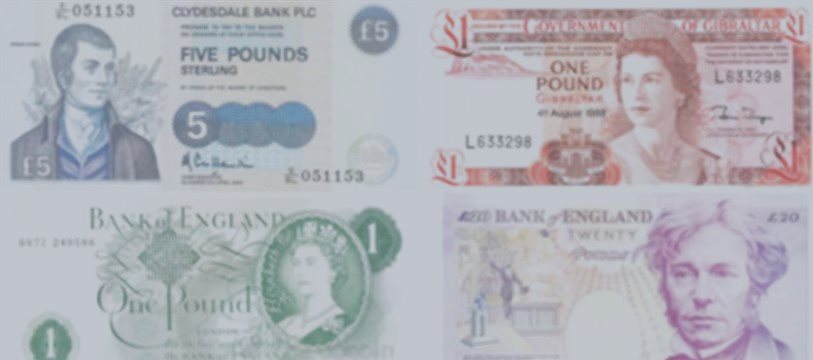After Brexit every second Brit predicts the end to the United Kingdom within the next 10 years. These are the shocking data of survey conducted by BBC. It is clear, that such turmoil cannot but effect the future of the British pound as well – one of the major currencies being traded on the Forex market now.
GBP/USD pair steadily holds the third place in world hierarchy of currencies in respect of the liquidity level. The volume of transactions thereon before the United Kingdom European Union membership referendum made about 12% of all transactions on Forex, and one of the key factors determining popularity of this pair among traders is its high volatility.
Statistics for the recent years demonstrated extremely high sensitivity of GBP to fundamental factors including not only data on the state of British economy and decisions of the Bank of England, but also similar data from Europe and the USA. Significant rate fluctuations of the British pound constantly led to statements of European officials and their colleagues overseas.
And it all occurred prior to Brexit! What will happen to the ‘British’ in the conditions of a real force majeure?
“It is logical to assume,” the leading analyst of NordFX broker company, John Gordon says, “that until the authorities of Great Britain officially announce the beginning of procedure of exit from the EU and launch a specific implementation of this decision, the pound will try to circle the wagons and even make an effort to somewhat improve its positions. But as soon as the distance between Europe and the United Kingdom will really begin to increase, the pound will see truly 'rainy days'. Problems with the budget and serious current account deficit are evident. Under such circumstances it will be very difficult to slow down outflow of investment capital and at least to neutralize bull sentiment in the foreign exchange market.”
On the flip side, the specialist and Chief European Economist of the Bank of England, Johnathan Loynes, reckons that fall of exchange rate of the pound, conversely, can serve well to national economy. “The pound dropped more than by 11% against the currency basket”, J. Loynes stated, “and it is perceived as something negative. However the exchange rate of the pound prior to Brexit had been too high and hadn’t contributed to reduction of trade deficit of the country, making British export non-competitively expensive”. “Decline in the exchange rate of the pound can kick serious start to export of Great Britain again”, he comforted the British industrialists in his recent report.
These comments closely echo the opinion of the winner of the Wolfson prize, economist Roger Bootle, who – even before the referendum! – stated that if British citizens voted for exit from the EU and the pound sharply depreciated, in the long term it would have a positive effect – would help to balance trade and bridge the trade balance deficit by means of increase in export of Great Britain and reduction of the domestic demand for import.
As for the analysts of Credit Suisse Fixed Research, they, perhaps, do not share the optimism of their colleagues from the Bank of England and they announced a major revision of the forecasts for the major currency pairs.
The prevailing revision is that the forecast for GBP/USD decreased from 1.58 to 1.22. As for the three-months forecast for EUR/USD, according to Shahab Jalinoos from Credit Suisse, it is cut to 1.05. “Now, when the negative scenario became a reality,” the analyst says, “we believe that the market will continuously strive to sell this pair.”
The specialists of the Dutch financial conglomerate ING predict a bit deeper decline for GBP/USD. According to their forecasts, the pair can soon go down to 1.10-1.20. With this, in a longer term the analytics of ING paint a bleaker picture connected with a possible holding of the second Scottish independence referendum and loss of the status of the reserve currency by the pound. “It is clear that lack of clarity (in respect of the future of Great Britain), Head of FX Strategy at ING in London, Chris Turner, says, – will push GBP towards extreme devaluation.
As for investment bank JPMorgan, summarizing the results of Brexit, it also updated the forecasts, considering that as early as in the third quarter of 2016 GBP/USD will fall below the level of 1.29, and EUR/GBP will reach the mark of 0.8760.
“Even before Brexit”, – says John Gordon from NordFX, “analysts indicated the level of 1.30 against the US dollar as the critical level.
Therewith it is believed that if the pair is consolidated below it, then the pound might be expected to go down further to 1.15, and then even further down – down to parity with American currency. The pair had already tested the level of 1.28, the future, however, largely depends on those steps which will be taken by the authorities of Great Britain.”



